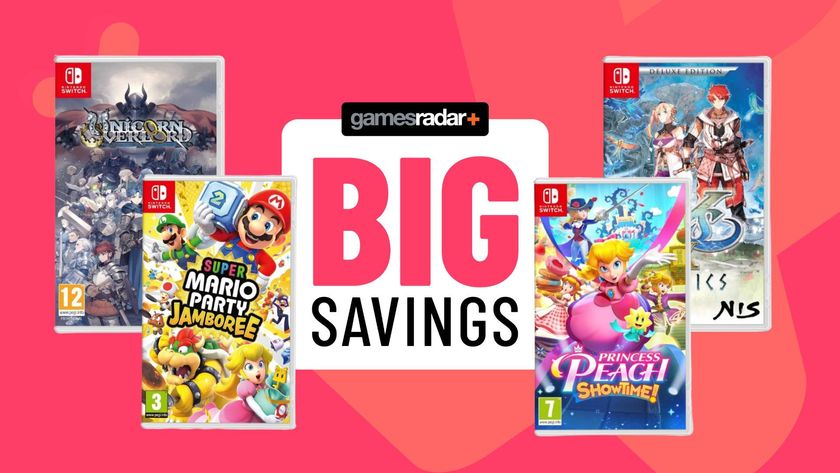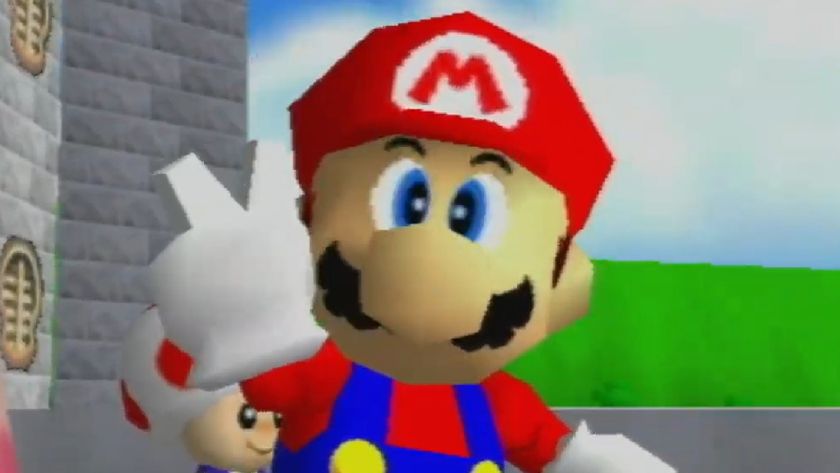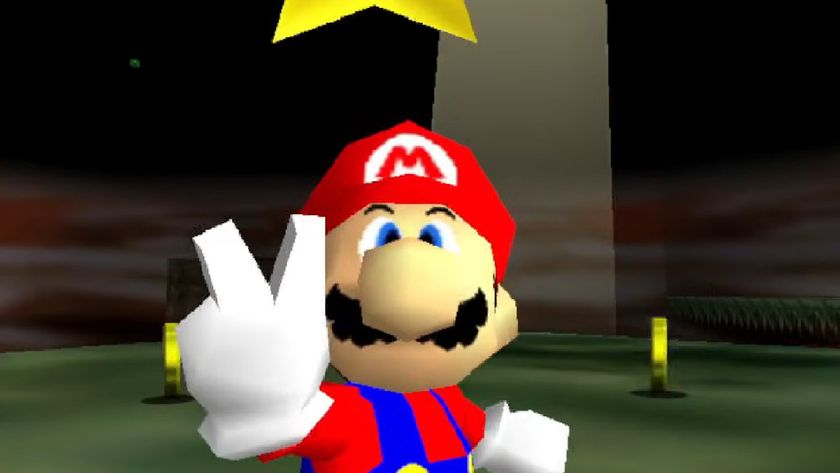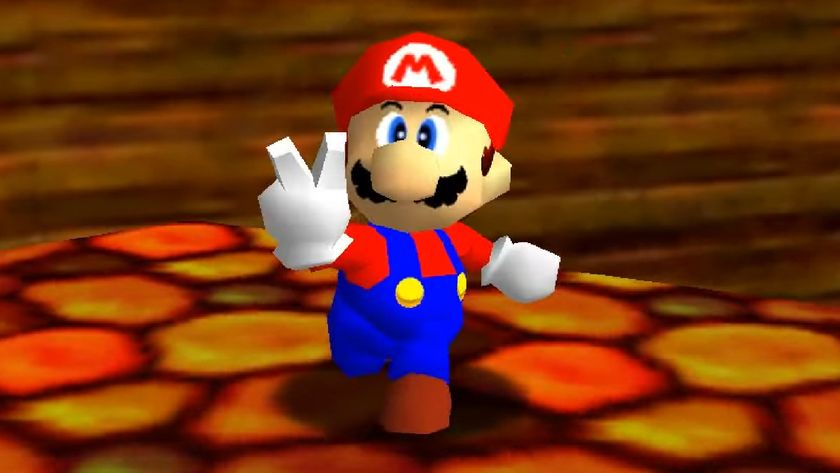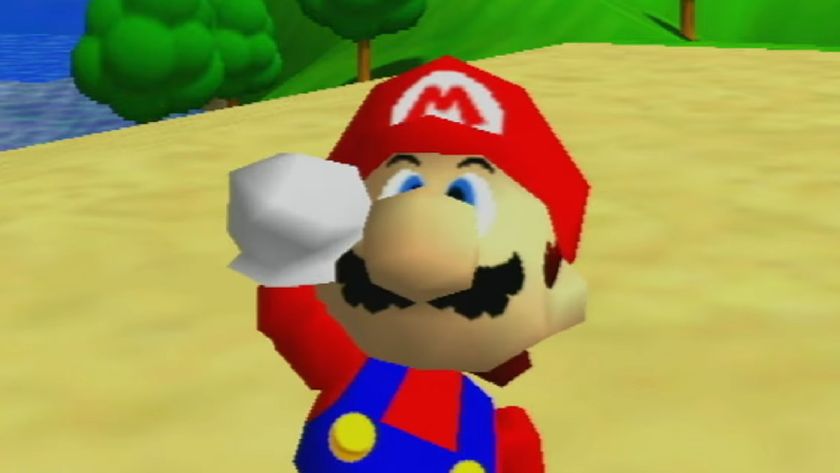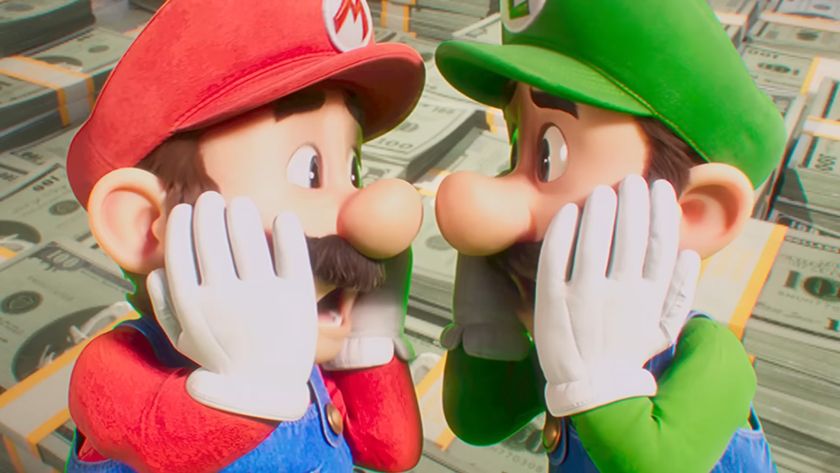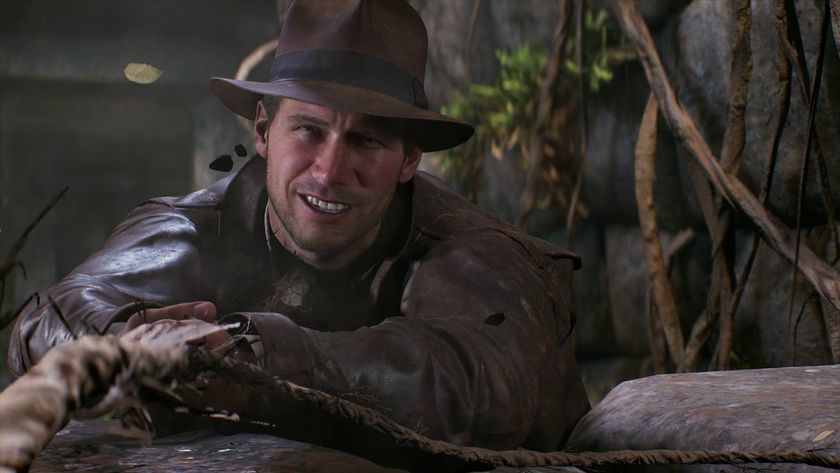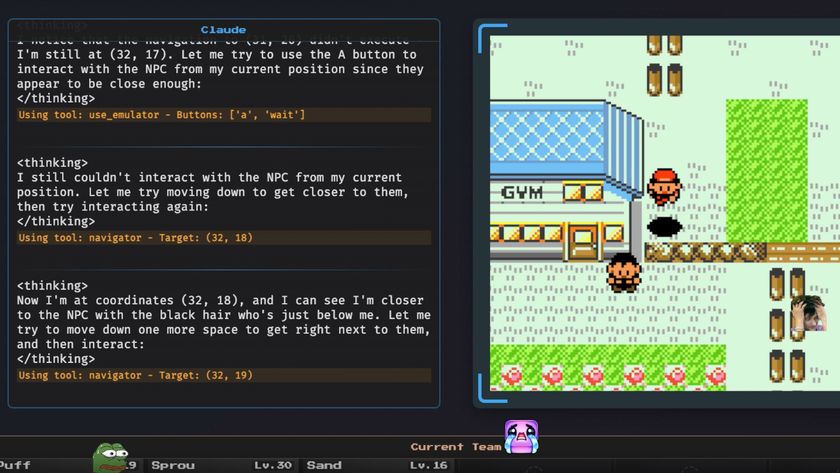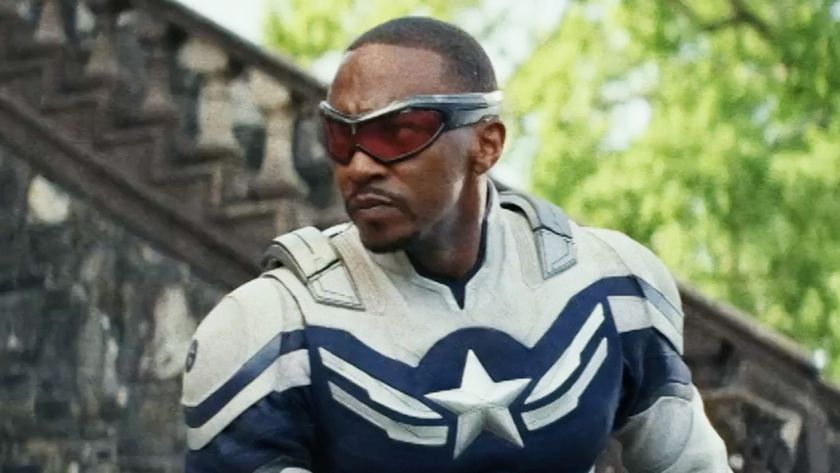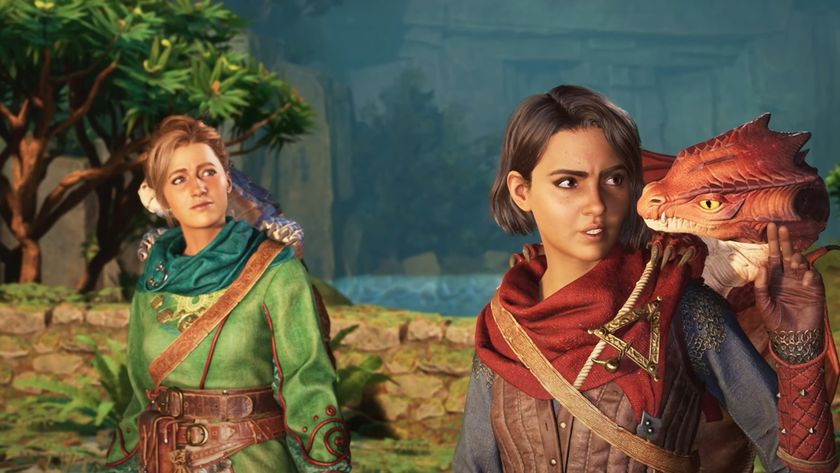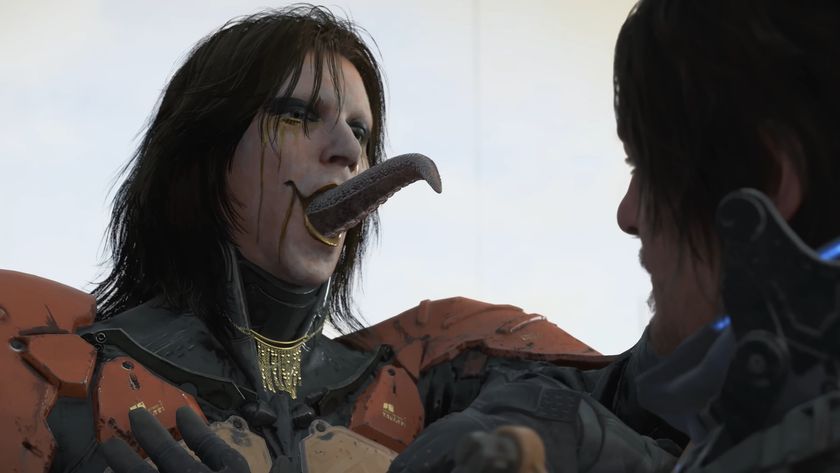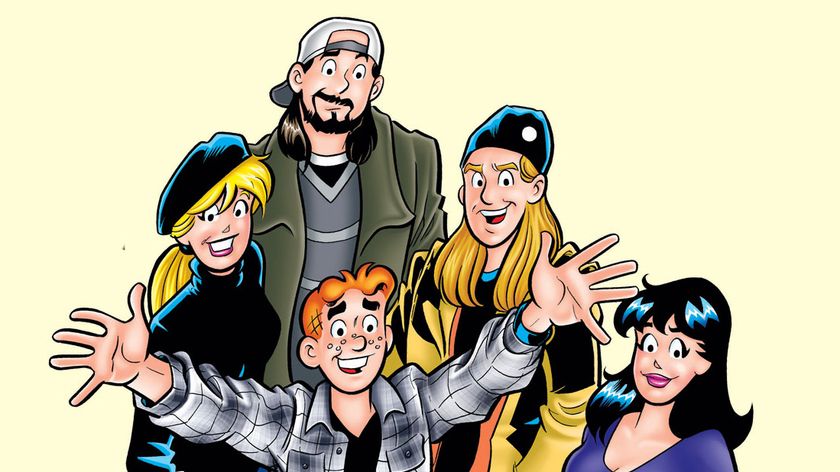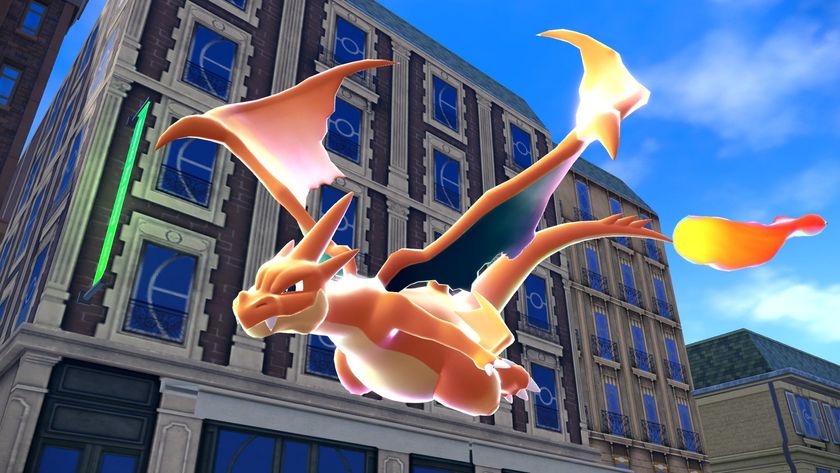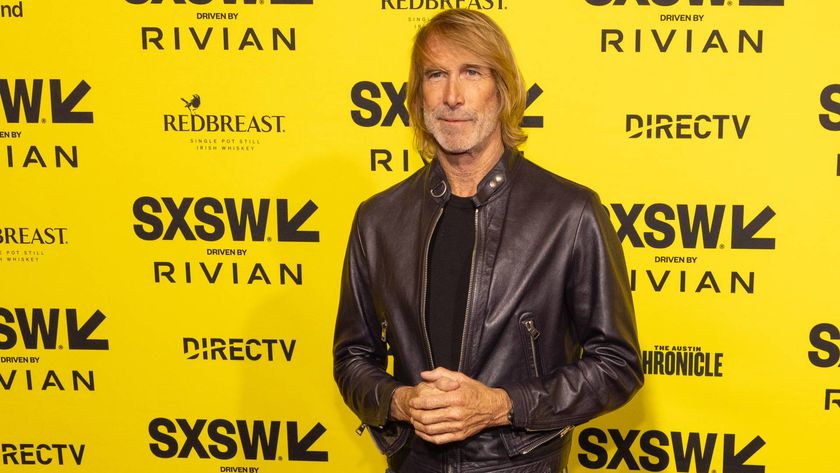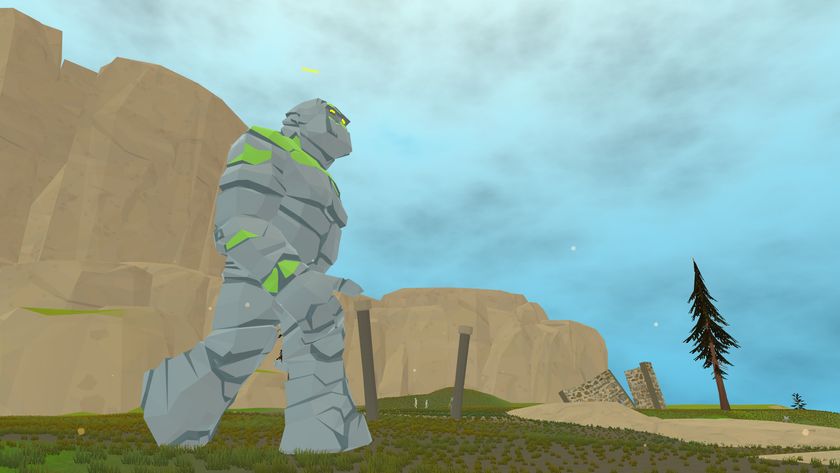Its time for Nintendo to admit defeat and make a true next-gen console
Wii U is in big trouble. According to CVG News, analysts are confidently predicting that Nintendo will fail to meet its projected sales target of 9 million consoles by the end of 2013. They’re also predicting profit projections will be missed, and that it will only ever sell a quarter of the number of units its predecessor, the Wii, did. Most startlingly, PS4 has already outsold Wii U’s lifetime sales to date in the UK. Bar an incredible turnaround, for Nintendo, the war is already lost. And I think it’s time to admit defeat and move on.
I’m not questioning the quality of Nintendo’s Wii U software or that of the console itself. Pikmin 3 kept me glued to my TV like little else while I reviewed it for GamesRadar, Lego City Undercover was so good I felt compelled to 100% it and, of course, Super Mario 3D World has received 9/10 or over from over 9/10 critics. Like Cooper said in his article earlier this week, Nintendo does need more great games, even though the current line-up is far from a disaster.
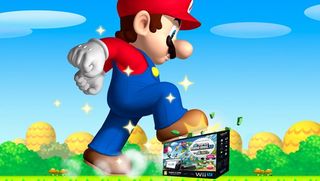
I am questioning the head-in-the-sand attitude Nintendo is publicly displaying. Part of me admires Iwata for declaring that Nintendo never follows trends because it prefers to set them instead. But by steadfastly refusing to make a console that caters to the needs and tastes of everyday gamers, surely that thinking is just plain stubborn?
The record-breaking uptake of next-gen machines is evidence--if evidence were needed--that the gaming public is tired of playing with console technology that dates back to 2005. If it hasn’t technically been the longest generation ever, it sure does feel like it. And I for one am tired of seeing PC games looking amazing while my console versions struggle to maintain 30fps. Now I own a PS4, I feel like I can breathe again, away from the suffocating exhaust from outdated hardware struggling to stay contemporary. Next-gen has cleared the air.
But Wii U is not next-gen. It’s still stuck in 2005. Sure, it’s a got a superb, high-res touchscreen, which is technically superior to Sony’s PS Vita Remote play (at least at present) and this comes in the box with the console, but essentially Wii U is technically on a par with last-gen machines, aping the Wii’s winning tactic from the previous era. But where Vita was never intended to be an intrinsic part of PS4 and has just turned out to work extremely well with it, the GamePad was meant to be a big part of the Wii U experience. And it hasn’t proved its worth in that respect.
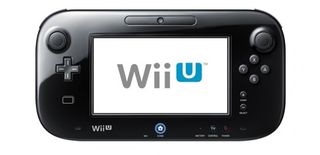
Why not? Those games I mentioned before don’t really use it. Pikmin 3 can be completed without even using the GamePad. Lego City uses it for some radio messages, but it’s just a novelty. And Super Mario 3D World only utilises the GamePad fully for a few levels… and it certainly wouldn’t be poorer if it were left out.
You could argue that it has had some great uses, but you can’t argue about the impact--or lack of impact--it’s had on the mass market. Compared to the Wii’s phenomenal mass appeal, the GamePad isn’t even a shadow of its revolutionary predecessor. Having bought one at launch, the most notable thing I can say for the GamePad is how quickly it collects dust. And I’m not trying to put the boot in. It’s honestly the most notable thing in my mind, which is the polar opposite of the massive impact the Wii Remote had in 2006.
Sign up to the 12DOVE Newsletter
Weekly digests, tales from the communities you love, and more

Let’s not forget that 3DS had an equally bad start and recovered to become a massive success. It’s not inconceivable that Wii U could do the same thing. However, 3DS’ direct competition, PS Vita, floundered spectacularly after its initially successful launch. Wii U does not have the same luxury of faltering competition. Indeed, PS4 has already overtaken its UK lifetime sales to date… and it did so in mere hours. Some sources say there's still a couple of million in it globally, but even that lead will likely be gone by summer 2014 when PS4 and Xbox One replenish stock.
So what’s the solution? Third party support isn’t going to be attracted to a platform with an exponentially-shrinking market share. Sure, some smaller companies will prefer to make the most of their existing technologies and create games for Xbox 360 and PS3 for a few more years, so Wii U might get some ports of those. And Nintendo itself will try to replicate 3DS’ success by making an expansive library of high-quality first-party games for Wii U.
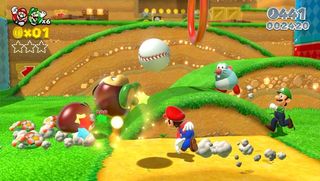
But is it worth that struggle? Maybe it would be better for the company to cut its losses and start again with a new console. If developed now, a new Nintendo machine would likely be ready in time for Christmas 2015. By then, it would be too soon for Sony and Microsoft to counter it with another launch, giving Nintendo the chance to offer a more powerful console at around the price of PS4 and XO right now.
Wii U owners could be given a large discount at launch to say sorry (perhaps similar to 3DS’ Ambassador program), 3DS will keep the Nintendo brand at the forefront of people’s minds (and for the right reasons too), and development resources won’t have been split between bailing out the sinking Wii U ship and developing the inevitable next-generation machine. It just makes sense.
Everyone would be happy with that situation. Kids would be persuaded to buy Nintendo because it is the most powerful machine. Parents would trust the name. It would likely have the best first-party line-up as Nintendo’s Tokyo Team continues its peerless run of quality software. Third-party developers would be happy to port their games to a machine with the grunt to deliver the best version of their games this side of a PC.
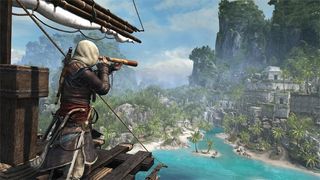
But it would also allow Nintendo to find another Unique Selling Point to beat the competition. I’m not saying we need a new fad like motion control, though obviously that worked wonders for Nintendo throughout the latter half of the last decade from a financial perspective. But maybe the finest VR technology, or some other kind of immersive experience. Who knows? Nintendo is always full of surprises and I’ve long since given up trying to second-guess them.
Sony and Microsoft have all their cards on the table, knowing their hands have already trumped Wii U’s pitiful single pair. Of 7s. If the company acts now, ditches its existing hand and reshuffles its deck for another stab, it could well win back a load of customer-shaped chips. Because, to continue the poker analogy, right now the competition would be happy to call its bluff. The Mario-shaped ace up its sleeve has already been brandished and spent.
Even though I bought my personal Wii U at midnight on its launch day, if my Virtual Console catalogue wasn’t tied to the console, I probably would have sold it by now. And that’s not something I would have said about any other console in recent memory. Besides a few spikes of activity around a few great games, it’s already back to collecting dust. The strategy isn’t working. Wii U is over, but Nintendo is definitely not. So let’s move on and see what the company can do when it’s really pushed. If they don't move on, we're only going to see that anyway. I just don't see how that can end well. Not this time.
Justin was a GamesRadar staffer for 10 years but is now a freelancer, musician and videographer. He's big on retro, Sega and racing games (especially retro Sega racing games) and currently also writes for Play Magazine, Traxion.gg, PC Gamer and TopTenReviews, as well as running his own YouTube channel. Having learned to love all platforms equally after Sega left the hardware industry (sniff), his favourite games include Christmas NiGHTS into Dreams, Zelda BotW, Sea of Thieves, Sega Rally Championship and Treasure Island Dizzy.
